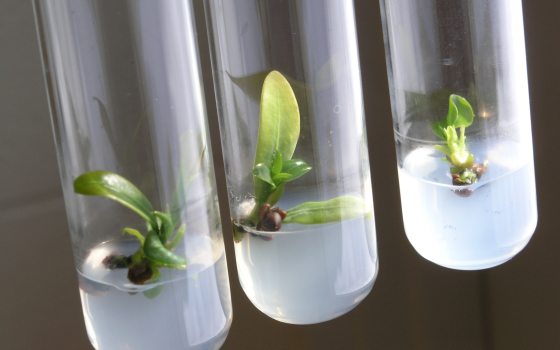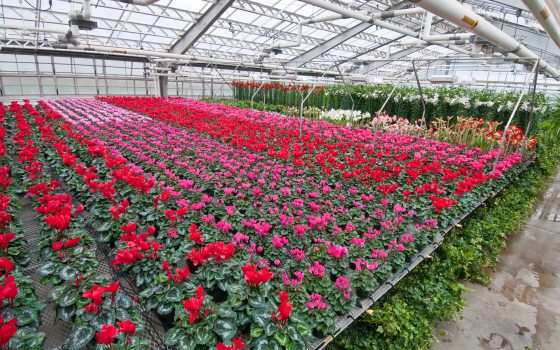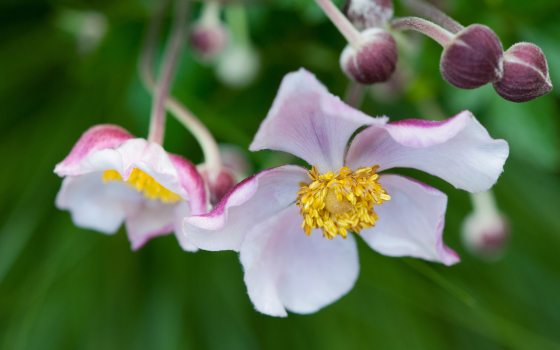Making the impossible possible... this is the spirit that led Pierre S. du Pont to build his first conservatory so that he could enjoy fresh produce in the winter.
Today, that same spirit inspires our gardeners and researchers to excellence in growing, breeding, and curating our plant collections. At Longwood Gardens, we have been pushing the boundaries of horticulture for decades. In the process, we have vastly expanded the world’s understanding and appreciation for the infinite potential that exists within this field.
Managing Our Collections
At well over 9,000 taxa or species and varieties, Longwood Gardens’ plant collection equals that of many of our peer institutions. This collection began in 1798 and today is governed by Longwood Gardens’ Plant Collection Policy which ensures proper management, development and, where appropriate, re-alignment of the plant collection to best meet our needs.
A Global Endeavor
New Guinea impatiens and many of the other plants that we enjoy today have their roots in our Plant Exploration Program. For more than six decades, we have been scouring the globe in search of both wild and cultivated plants to enhance our collection and expand the pallet of ornamental plants available to the public.
A Commitment to Research
Longwood’s displays may be created by our gardeners but they are made possible by our researchers. For years, research at Longwood has existed to improve and advance our horticultural production and displays. This has led to research projects that span all spectrums of horticulture—from the preservation of signature cultivars and virus elimination to the optimization of plant growth and rapid production of an elite species.
Plant Production at Longwood
There’s little doubt that maintaining a garden the size of Longwood is a monumental task. Now imagine having to also raise the plants that are used in these gardens. Few people realize that 75 percent of the plants used in our displays are raised on site. Each year, we produce upward of 110,000 plants that encompass 1,000 different varieties.





